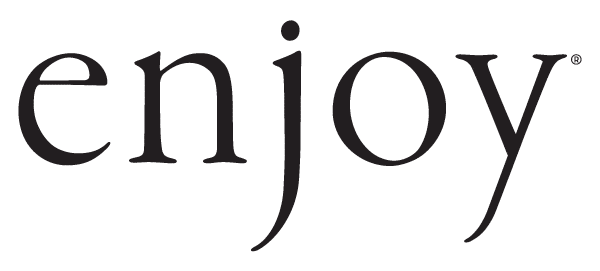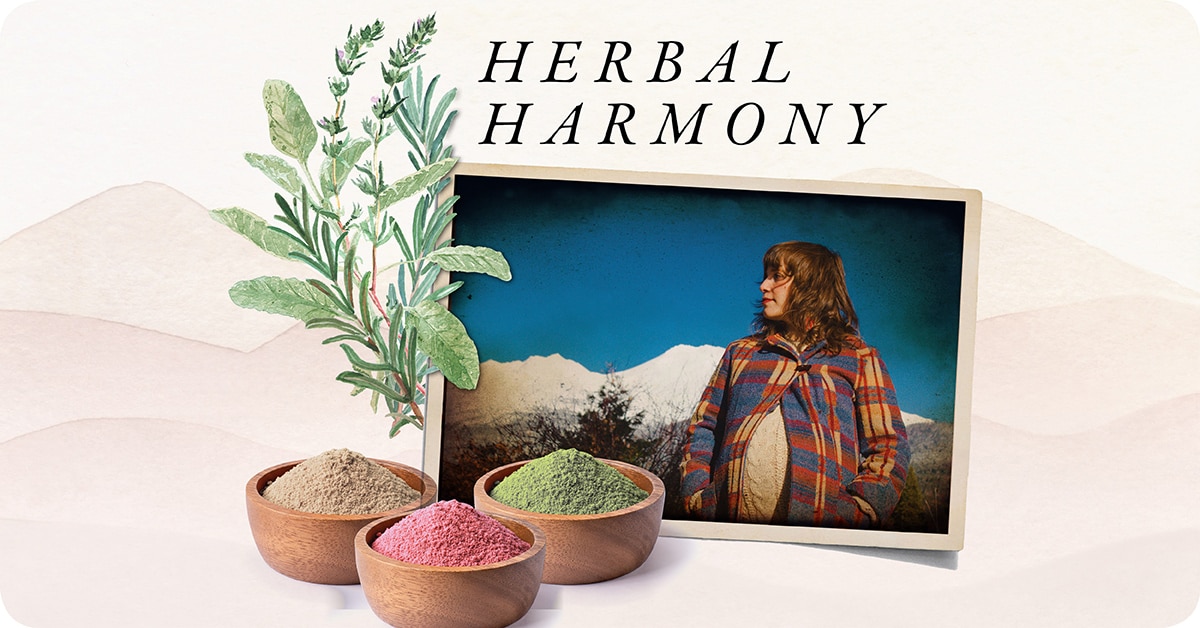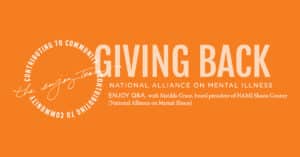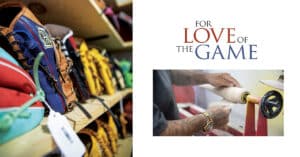Herbal Harmony
Renee Camila, Healing Practitioner…
With a New Year always comes new beginnings, so much so that we’ve ritualized it with annual resolutions. But if you ask Renée Camila, a traditional healing practitioner, herbalist, birth worker and educator, it can happen at any time. “I see it time and time again with clients. We can always change. Of course, my work with birth is an obvious physical example of a new chapter. But also, when I’m working with someone and they crack open a root to an emotional or physical imbalance that they were unaware of, that also feels like a new beginning. That’s because I see the empowerment that happens when they become aware of their own autonomy to create change.”
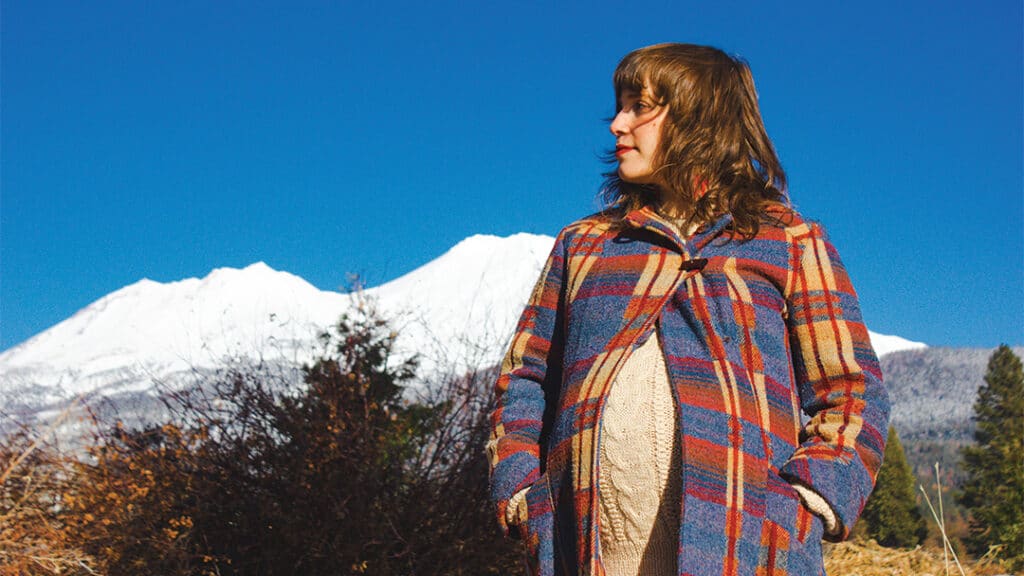
The herbs and plant medicine that Camila uses in her work have long been a part of her life. “My lineage is from Mesoamerica. I’m first generation born in the United States, but my parents are from Nicaragua, and we have mixed ancestry that’s mostly Spanish and indigenous Nicaraguan, which is Chorotega from the Pacific Coast. My mom taught us about our indigeneity very young, and she’s a very herbal person, so I’d always grown up with herbs.”
It wasn’t until her mid-20s that she started studying natural perfumery. “I was really into scent and scent as medicine and the connection between scent and memory and how powerful it can be,” she says. “That led me to aromatherapy, but I got kind of disillusioned with how extractive the essential oil industry can be. So, that led me to whole plant medicine, where I met my primary mentors, Karyn Sanders and Sarah Holmes of the Blue Otter School of Herbal Medicine.”
Under her mentors’ urging, Camila finally became a practicing herbalist and opened her own clinical practice in Mount Shasta. She works one on one, and uses teas, tinctures, salves and oils, depending on the situation. But when she became pregnant with her first child six years ago, she realized there was an additional need in her community.
“I had birth at home, which was empowering, but I felt isolated because I didn’t really have community around me, and I was desperately trying to figure out what the traditional practices of my lineage were,” she says. “I ended up connecting with a primary teacher of my lineage named Pānquetzani and began studying with her.”
One of those traditional practices Camila now performs is a ceremony known as “pelvic steaming,” which hearkens back to what Camila calls a temazcal, or a type of sweat lodge. “From a traditional perspective, you release a lot of heat with birth. And so, the first 40 days after birth is a time to help revitalize and bring the heat back into the body to prevent a cold imbalance later. In older times, everyone had access to something like a temazcal for birth or postpartum care. You’d be in this room full of aromatic herbs that are being steamed around you. But since we don’t have access to one here now, we use warm compresses that release aromatic plant medicine as a modern tool to connect to that lineage.”
The ancestral connection for Camila is profound. “When we literally re-member to our own ancestral medicines, we inherently reconnect to ways that are rooted in the earth, because before allopathic medical advances all our peoples practiced earth medicines first. We are literally alive because of our ancestor’s relationships with plants.”
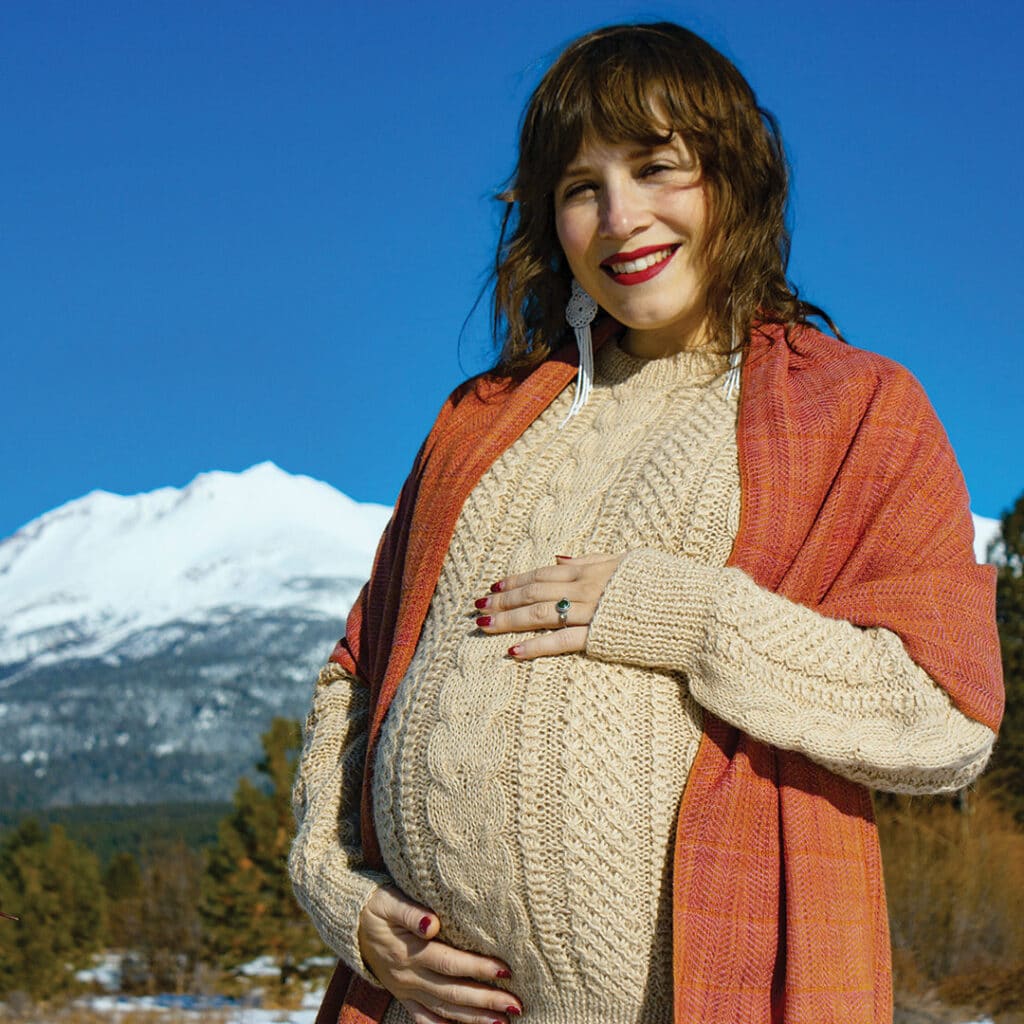
Camila’s work as a healer and birth worker seems almost pre-determined. “My name, Renée, actually means rebirth, and it’s something that’s been a guiding light for the work I do.” Even just a conversation with her soothes the spirit like a warm hug. She’s also thoughtful about how charged the word “medicine” has become.
“For me, ‘medicine’ is first and foremost a connection with spirit. In herbal medicine, it’s a connection to the spirit and plants. People have their own medicine, and it’s strongest when we’re in balance. Herbs, self-awareness, resources and community support can all help us do that. Even those people in your life you turn to in a time of need, that’s a ‘medicine’ that they carry,” she says.
But she also values and appreciates mainstream medicine. “I am grateful that I have access to antibiotics when I need them,” she says. “I’m grateful for vaccines. I know that can be controversial. I work with clients who are on pharmaceuticals, and I have no judgment. I just meet people where they’re at. But there’s also this whole white coat syndrome of feeling like the only experts are the people that have gone to med school. I tell clients all the time, ‘If you have a gut feeling about something, let’s believe that.’ So, I think there’s a place to bridge both herbal and allopathic medicine. My prayer is that I’m able to connect people with what they need to empower themselves.”•
La Yerba Buena Herbs • www.layerbabuenaherbs.com
Article Written By:
Megan Peterson has been a freelance storyteller for more than two decades, with writing credits ranging from National Geographic to the Sundance Channel. She also brings a background in marketing and audio tours, and has traveled and worked on six continents. Megan currently lives in Northern California with her family and a menagerie of pets.
